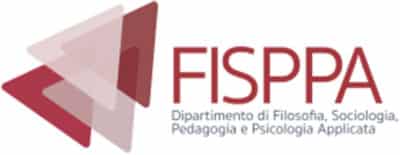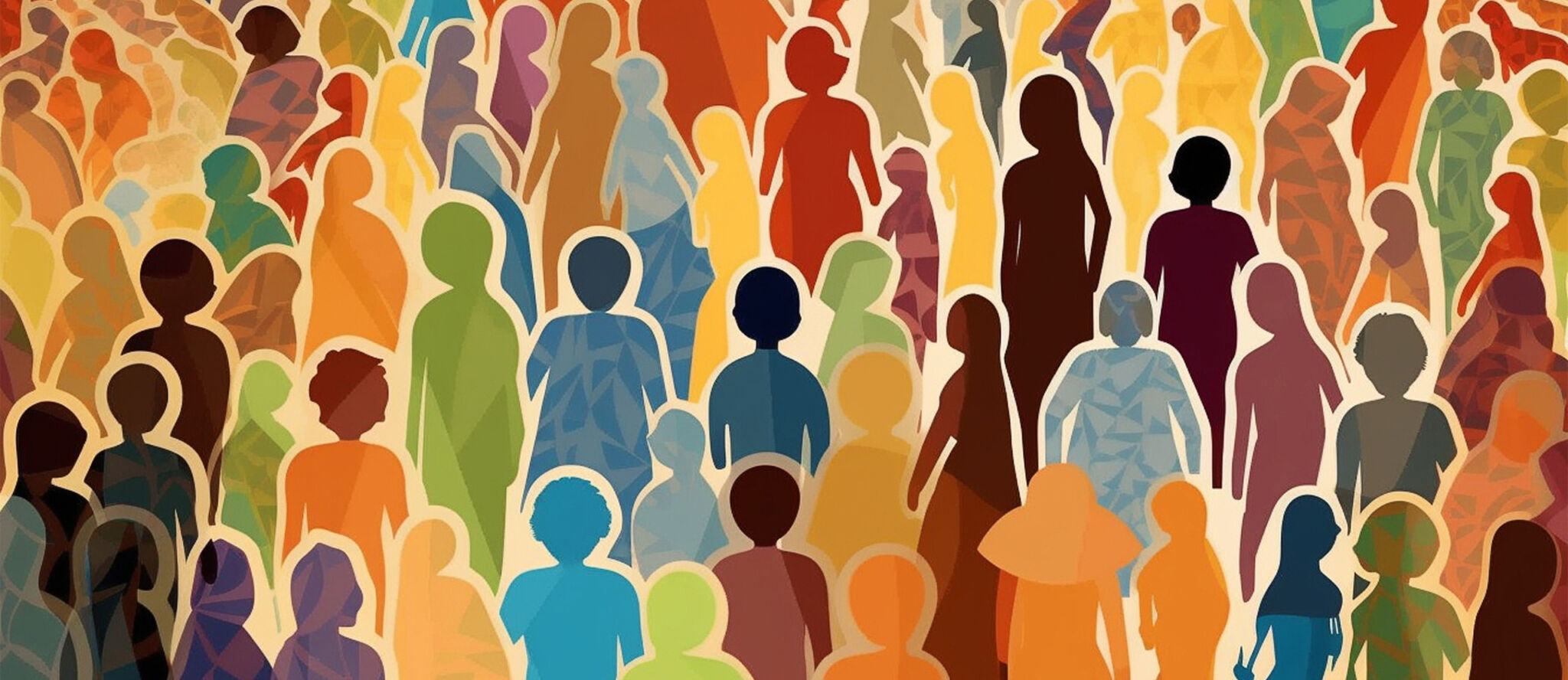
The Master in Psychological Skills in Intercultural Settings, Inter-university Master with Milan-Bicocca, provides the right psychological skills to work in several multicultural contexts: schools, non-profit and hosting organizations, etc.
This course guides a reflection on what culture means, and on how it is reflected in people’s behaviours and interactions, in different contexts.
The Master provides an interdisciplinary background in intercultural psychology. The topics it covers are extremely current, and find broad application in a globalized world, characterized by constantly changing migratory flows.
The Master in Psychological skills in Intercultural Settings provides specific knowledge on the following topics:
- Fundamentals of intercultural psychology
- Developmental psychology in intercultural contexts
- Cross-cultural neuropsychology
- Research methodology in inter- and cross-cultural contexts
- Clinical application to diversity
- Social psychology concerning individual relationships
- Social psychology applied to the labour market
- Social anthropology
- Musical expression in cultures
- Migration phenomenon
- Human rights
The Master explores three different thematic areas: Theoretical fundamentals of intercultural psychology; On-field applications (school, work and community contexts); Clinical applications, assessment and intervention.
The Master in Psychological skills in Intercultural Settings is addressed to professionals working or interested in working in multicultural contexts, with a Bachelor’s Degree or equivalent title.
Career opportunities include: intercultural psychologist; intercultural educational counsellor; intercultural formator.
The professional category is based on the regulations in force in the Country where the professional works, and on the title held when enrolling in the Master course.
The Master in Psychological skills in Intercultural Settings provides specific knowledge, organized in the following modules:
Module 1 – FUNDAMENTALS OF INTERCULTURAL PSYCHOLOGY
It provides a complete understanding of intercultural psychology key concepts. The purpose is building the basic knowledge and hands-on skills necessary to understand and be effective in intercultural contexts, with a focus on psychology and communication.
Module 2 – INTERCULTURALITY IN DEVELOPMENTAL PSYCHOLOGY IN MULTIPLE CONTEXTS AND INDIVIDUAL CONDITIONS
This module provides theoretically sound observational and assessment skills, aimed at understanding the needs and promoting intervention on different developmental conditions (e.g. clinical, psycho-social or congenital) and in different cultural contexts. A cross-cultural approach is essential for every professionals relating to families and children, from birth to adolescence, both in inter-cultural settings and when practising in ecological contexts.
Module 3 – CROSS-CULTURAL CLINICAL NEUROPSYCHOLOGY
This module explores the interaction between neuropsychology and culture-mediated learning processes, and tackles the challenges and strategies involved, including the adaptation of neuropsychological tools. It promotes critical thinking on how cultural factors may affect the onset of neurological and neuro-psychological issues, and provides strategies on how to conduct culturally suited assessments, by preparing students to work effectively in clinical contexts with patients from different cultures
Module 4 – RESEARCH, METHODOLOGY AND ANALYSIS IN CROSS-CULTURAL CONTEXTS
This module presents multiple research methods, adapted to intercultural studies and to handle multi-cultural databases. It covers several aspects, from the planning and data collection phases to the analysis, and prepares students to conduct significant and culturally sensitive researches in different contexts.
Module 5 – DIVERSITY-BASED CLINICAL APPLICATIONS
This module covers a series of topics related to clinical psychology, cultural psychology,
and diversity. The topics range from ethnopsychology and ethnopsychiatry to gender differences, and from migration-related phenomena to the role of cultural mediators. It emphasizes both the theoretical knowledge and hands-on applications in several clinical contexts.
Module 6 – INTERCULTURE IN SOCIAL SCIENCES
This module thoroughly explores the dynamic interaction between cultural factors and the different disciplines of social sciences. By exploring the connection between culture, society and human behaviour, it offers the right competences for researching and analysing the social challenges in several intercultural contexts. The program includes: interpersonal relationships, work contexts, anthropology, music and culture, migration, human rights.
The Master will be held entirely online, so that it can be followed by people residing in different Countries. Classes will be mainly on demand, through video lessons available on UniPD multimedia Moodle platforms, 24/7. There will be also real-time meetings between students and professors on Zoom.
Video-lessons and meetings will be held between November and October, and will last one year.
Every module is developed through several classes (34). The course is held once a week, and every class includes one on-demand video-lesson, available one week earlier, a self-assessment test, and a (two-hour) meeting with discussion/practice with the professor, on Saturdays.
Mandatory attendance for real-time meetings is at least 70% of the total hours.
At the end of each class, there will be a self-assessment questionnaire to test the knowledge acquired.
The Project Work includes the development of an empirical project, in a context of your choice, and agreed with the Master professor. The Project Work is mandatory for the final dissertation, which will be scheduled online in October, at the end of the Master.
The general ranking of merit for the academic year 2025/26 will be published on the Italian page of this Master according to the timing provided in the Call.
Information
Get the brochure
"*" indicates required fields
FAQ
There will be no internships/apprenticeships, as the students may come from many different places, with an extremely diversified background. However, students will have the chance to put the knowledge acquired intro practice in real contexts, through the Project Work. The Project Work replaces the internship/apprenticeship.
Unfortunately, no scholarships will be provided. Pursuant to Article 24.6 of the Regulation for University Master’s Degrees, Postgraduate Courses and Higher Education Courses, there is the option of supernumerary admission for University staff, to the extent of 10% of the maximum quantity of applicants that can be enrolled in each Master’s Course. The enrolment quota for the University administrative-technical staff (PTA) is equal to 20% of the quota provided for each Master’s Course.
PA and top grades (110 e Lode): Public Administration employees who enroll in the Master’s course enjoy a discount of 330 euros on the contribution of the second instalment.
No, there will be no admission test. Applicants will be assessed based on their resumes, by filling out the relevant online form. The majority of Bachelor’s Degrees and equivalent titles grant access to the Master.

